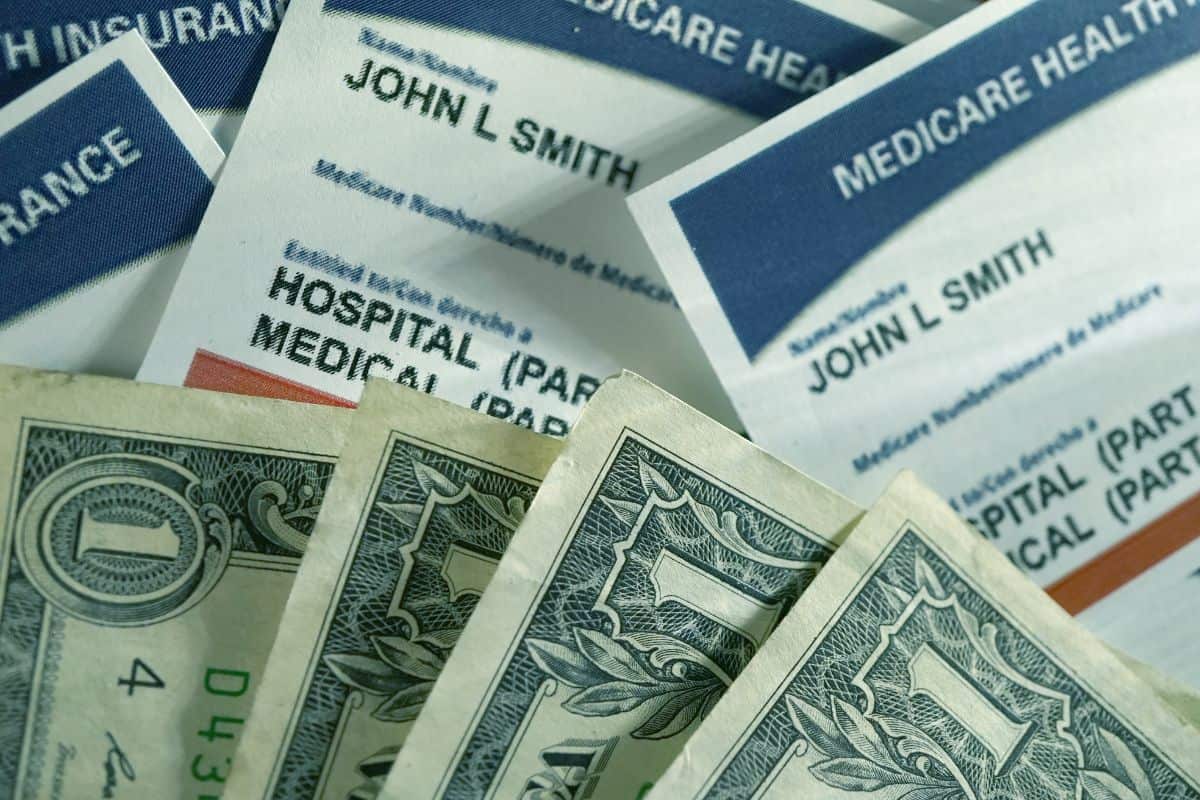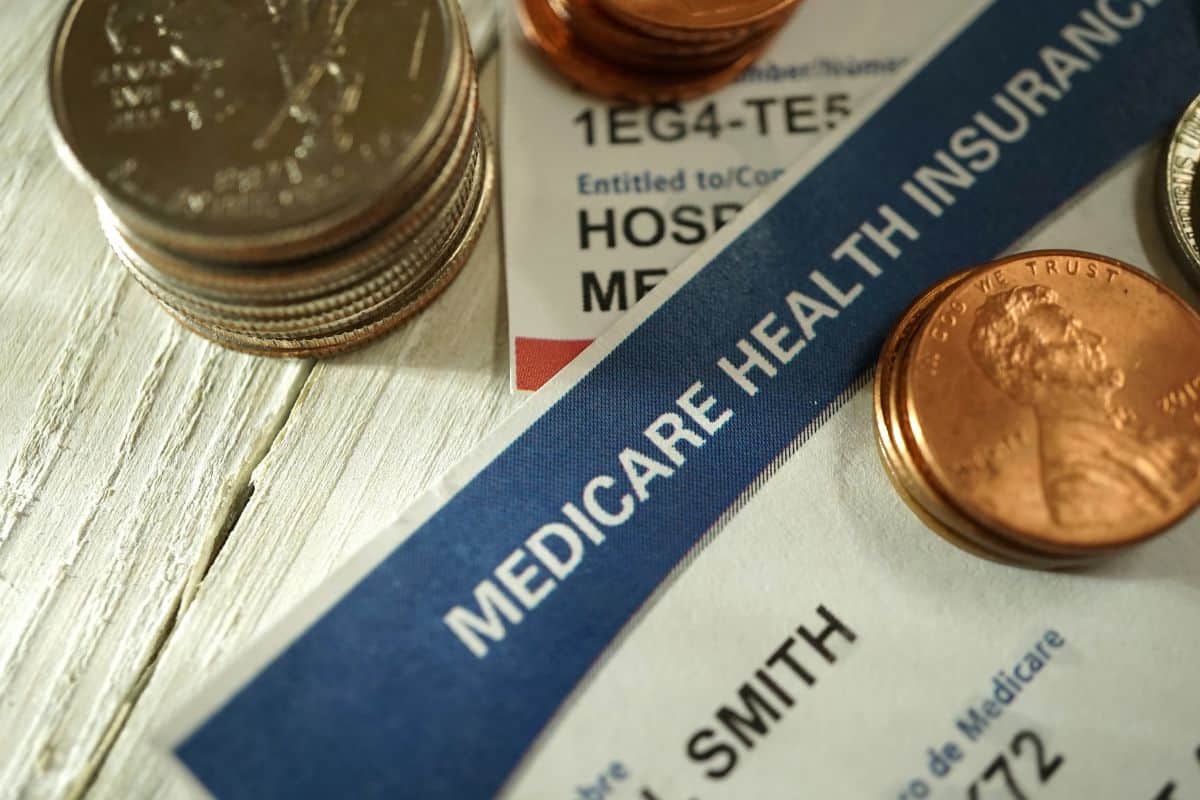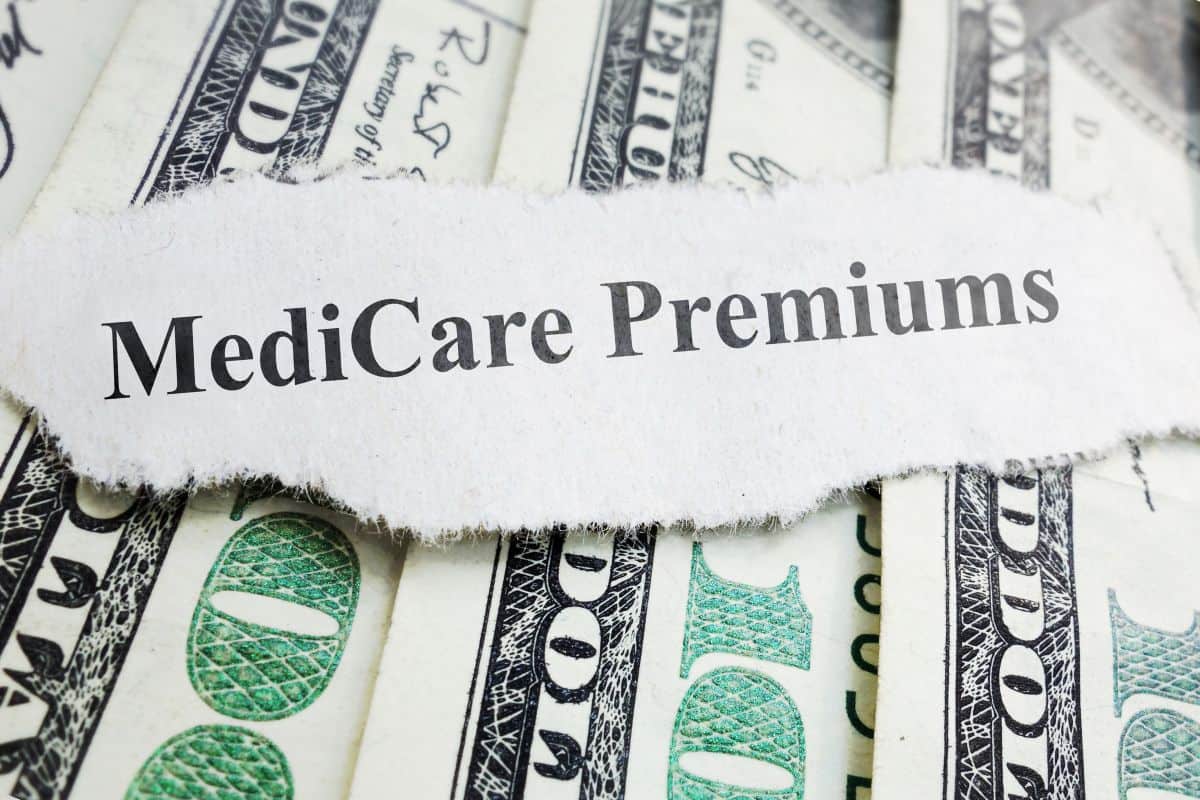If you are provided with healthcare in the US, then there is no doubt that you have to pay for that provider and if you pay for that provider, then you are going to be paying a premium.
A premium is basically like a monthly subscription to a health care plan.
Theoretically, a healthcare insurance premium will be taken out of your account and as long as you keep paying them, you will be provided with healthcare for whatever your healthcare needs are.
However, due to the nature of our American healthcare system, this can become bogged down in a lot of bureaucracy, business, and paperwork, which means that these premiums can and will change, but almost always have to be paid in advance.
Since almost all healthcare providers in the US are private, this is almost universal for everyone in the states. Yet, there is a federal healthcare service called medicare.
As this is federal, it may be that the rules are slightly different. So, do you have to pay medicare premiums in advance? Or does it work in a different way?
Table of contents
Are Medicare Premiums Paid in Advance?

This is a very straightforward question and the answer is simple, yes.
If you happen to be a member of a health insurance company or an institution that provides healthcare to people in America, then you will be paying your premiums upfront.
Since this is the case for almost all private health plans, this is almost a universal rule for American healthcare.
The longer answer would be yes, but there are some exceptions for medicare. Medicare is a federal healthcare plan and as a result, it is a little different.
The rules for Medicare may differ depending on the state that you live in. Still, excluding this part, Medicare is pretty much like the other private health insurance plans.
So, you will be paying monthly premiums for your Medicare coverage.
However, you will be paying those monthly premiums upfront and once you are approved by the government, then they will start paying your costs.
This means that you will receive your first premium bill one month before the start of your medicare coverage and depending on the type of coverage, this expense will vary.
For most parts of the plan, this is just the same amount as what you would normally pay, but for some plans – like part B – you will be paying up to 3 months of your premiums on your first bill.
There are also some plans that are premium free – like some types of part A – so there are some notable exceptions. Be sure to check what plan you will have before paying.
Excluding these, you will have to pay both the monthly premium before you receive coverage and then when you are approved, you will get coverage.
How are Medicare Premiums Paid?
So, there are a couple of different ways that you can pay your medicare premium, and these depend on what plan and what specifics of that plan you have.
We will try to go over all of them, but healthcare plans are individual and there may be differences in your plan we could not account for:
Original medicare – part A and B – and Part D IRMAA:
If you are following one of the plans noted above, then you may pay it in the following ways:
– Electronically: The medicare Easy Pay system is electronic and lets you pay medicare parts A and B premiums as such.
Much like a direct debit, you can set this up as a manual payment each month that you have to remember to do or as an automatic payment to be taken from your account each month.
– Card payment: You can write your card number – either your debit or credit card – on the bill you received for the premium and mail it back in.
Please make sure to do this quickly, in case there is trouble with the post. You do not want to lose your healthcare because of postal troubles.
– Money order or check: Similar to the card payment. Send in a check or money order with the bill.
Part C, D, and Medigap
Unlike other medicare services, these parts use some or mostly private healthcare providers working and approved by medicare.
As such, they will probably have their own method of preferred payment. They will let you know what this method is, and you must stick to it.
These providers may not be as forgiving as the government service when it comes to late or missing payments.
With that said, here are the most common methods of payment:
– Autopay or direct debit: This automatically deducts the necessary amount from your account each month on a specific date. Autopay works with savings and checking accounts, so if you have one, we would use this method. There is less of a chance of zero money being in the account when they debit the amount.
– Check: As before, you can send a check with the bill.
– Card payment: As before, you can put the number of the card on the bill and send it. You can also pay using your card online.
What are the Costs of Medicare?

Medicare has various different costs involved in its plans. These costs do take into account how much someone can pay for healthcare services, but also require several different types of payment. These include:
– Monthly Premiums.
– Coinsurance (in some cases).
– Co-payments (in some cases).
– Deductibles.
However, the different plans have different premium costs as well, and each premium cost is highly indicative of what the plan will cover.
For part A medicare coverage, it can be entirely premium free if you are eligible – basically if you or your spouse have paid 10 years worth of premium costs and medicare taxes – but if you are not eligible then the premium cost is a between $250 and $500 per month, depending on your work history.
For part B medicare coverage, the standard premium amount is $148.50. However, it can be higher if your reported gross income from two years before is higher than a certain limit.
The maximum you can pay for this premium is around $510.
People with part B coverage will also have to pay an annual deductible of $203 and coinsurance on most of the medical services and supplies associated with part B.
For parts C, D, and Medigap, your monthly premium will vary depending on what private healthcare provider you are the recipient of, the area you live in, and your income.
Some pay a monthly premium, while some do not.
Conclusion
So, are Medicare Premiums paid in advance?
Yes, Medicare premiums are paid in advance. However, if you pay a premium at all depends on your medicare plan.
As such, it is best to look at the plans carefully before deciding what your costs may be and thinking hard on the decision.
Frequently Asked Questions
Medicare premiums are based on your modified adjusted gross income, or MAGI. That’s your total adjusted gross income plus tax-exempt interest, as gleaned from the most recent tax data Social Security has from the IRS.
If you don’t get premium-free Part A, you pay up to $506 each month. If you don’t buy Part A when you’re first eligible for Medicare (usually when you turn 65), you might pay a penalty. Most people pay the standard Part B monthly premium amount ($164.90 in 2023).
You can get help from your state to pay your Medicare premiums. In some cases, Medicare Savings Programs may also pay Medicare Part A (Hospital Insurance) and Medicare Part B (Medical Insurance) deductibles, coinsurance, and copayments if you meet certain conditions.
